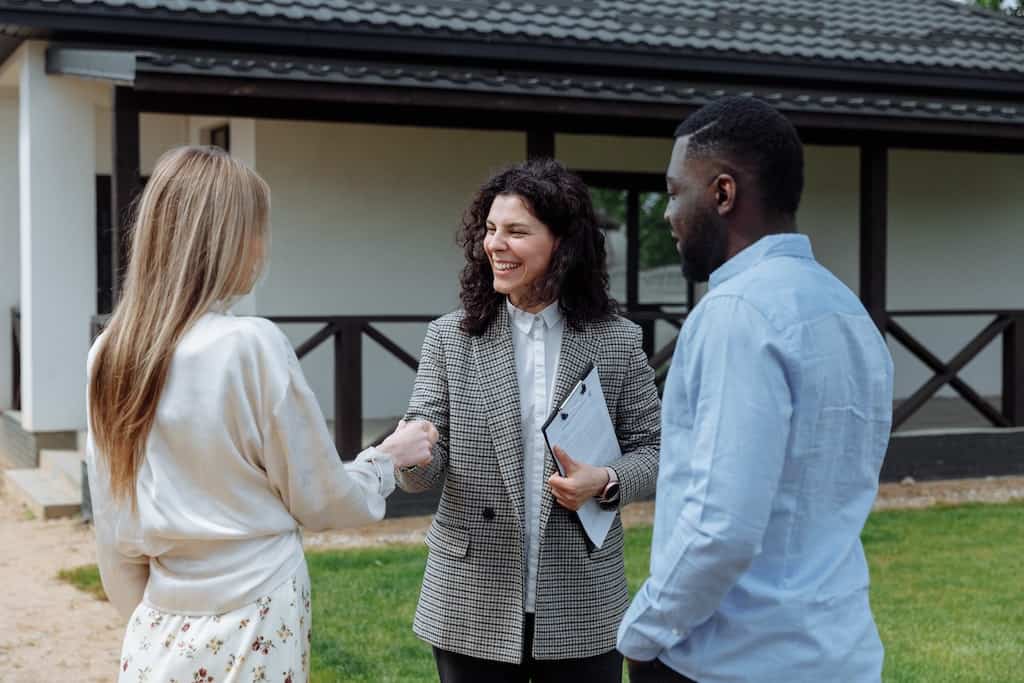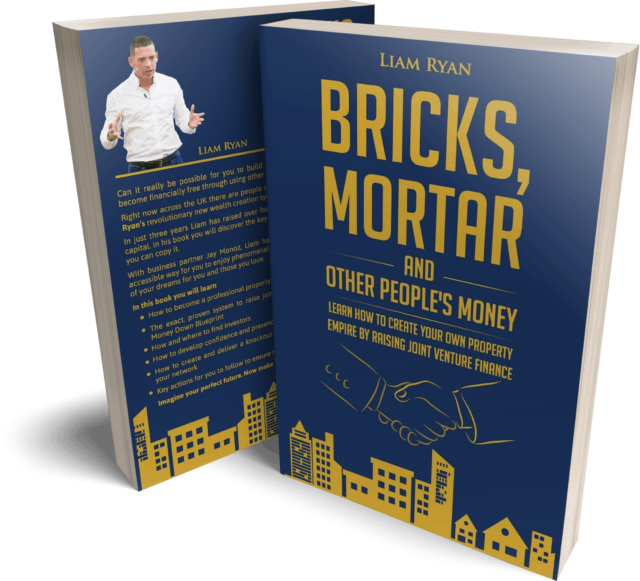Discover the best UK cities to invest in property in 2026, with strong rental demand, high yields, regeneration and growth potential.
Read More
Buying a property is more than just finding a house and paying for it. There are certain aspects of the transaction that most laypersons are not aware of. One of these is the conveyancing of the property.
Table of Contents
Toggle
This process may require added cost and extended time, but it is nevertheless necessary for the sale to be legitimate and secure. Read on to learn all about it.
Conveyancing is the legal process of transferring the ownership of a real estate property from its seller or current owner to the buyer. This occurs once the two parties have agreed to proceed with the sale.
All and any type of property sale transaction needs to undergo conveyancing in order for it to be official. Buying, selling, as well as remortgaging all require this process.
To complete a property sale, you will need the services of either a Conveyancing Solicitor or a Licensed Conveyancer. Both can perform the job and there is no issue whichever you choose to hire.
The only difference is that conveyancing solicitors are actual lawyers with expertise in property conveyancing. Licensed conveyancers, on the other hand, are not necessarily lawyers but are individuals who are professionally trained to perform conveyancing.
Some people choose to do the conveyancing on their own. It is technically possible. However, this is only recommended if you are familiar with the process.
Conveyancing involves legal and administrative work that is tedious and complex. Taking on the job without proper knowledge is likely to end in errors and shortages.
Though a DIY approach can save you from paying extra fees, it is usually more practical to hire a professional. This will also allow you to direct your time and focus on your plans for the property.
Numerous processes take place during a conveyance but we can summarise them into two parts: the exchange of contracts and the completion.
The exchange of contracts, which is the first phase, is where the specific terms of the transaction are made official through the writing of the contract. Both parties should agree on the clauses of the contract before the conveyance can proceed. More than just the paperwork, this also involves surveying and conducting a property search.
Once the property has been assessed and the contract finalised, the conveyancer then proceeds with the completion phase. This is when the transfer of the title occurs. The current occupant vacates the property to make way for the new owner.
Unlike taxes, conveyance fees are not fixed. It may vary from one service provider to the other. However, the amount is influenced by factors such as the transaction amount or property value and the payment method to be used by the buyer. The conveyance fee will change depending if the property is bought as freehold or as leasehold.
Last year, the average cost of conveyancing in the UK was around £1,500. This is based on transaction records from the registry office.
Take note, however, that conveyance fees do not include Stamp Duty tax which is required for second-time buyers.
Read our previous article, An Overview of UK Property Taxes.
Conveyancing is not instantaneous. As mentioned above, it involves a substantial amount of administrative and legal work which can also be affected by others such as the condition of the property and the availability of the necessary documents.
Whether the property is purchased as freehold or leasehold also makes a difference. Freehold properties tend to have less processing and therefore take less time.
Most conveyancers estimate a completion period of 8 to 10 weeks for freehold and 10 to 12 weeks for leasehold.
A successful property investor is a well-informed one too. Check out our Property Training Guide!
Discover the best UK cities to invest in property in 2026, with strong rental demand, high yields, regeneration and growth potential.
Read MoreThinking of selling your buy-to-let? Learn how to time the market, manage tax and maximise equity with expert landlord advice.
Read MoreDiscover UK planning permission loopholes, permitted development rights and when you can extend, convert or renovate without consent.
Read MoreLearn what the Bank of England base rate is, how it’s set, and how changes can impact buy-to-let mortgages and property investors.
Read More
Claim Your Free Copy
Assets For Life LTD is a company incorporated in England and Wales with registered number 09935286 and registered offices at Assets for Life Ltd, Suite 105, Waterhouse Business Centre, 2 Cromar Way, Chelmsford, Essex, England, CM1 2QE, United Kingdom.
Assets For Life LTD is registered with the Information Commissioner’s Office, with registration number ZA280607
COPYRIGHT © 2024 ASSETS FOR LIFE, ALL RIGHTS RESERVED. WEBSITE BY AMPLIFY MARKETING